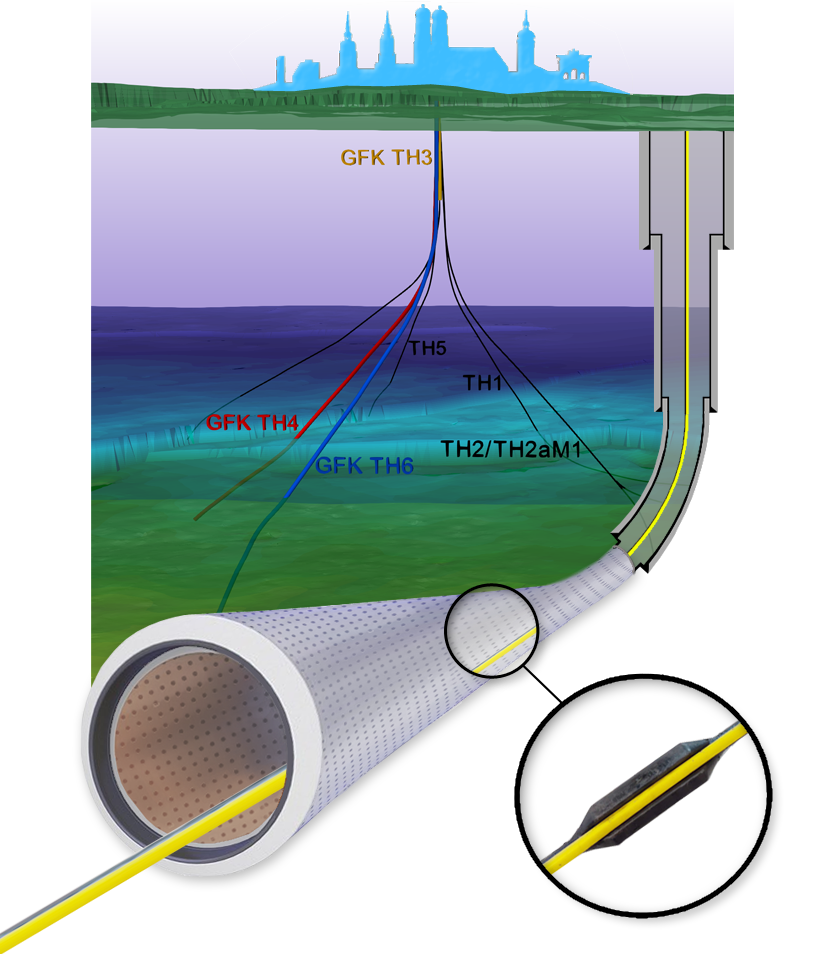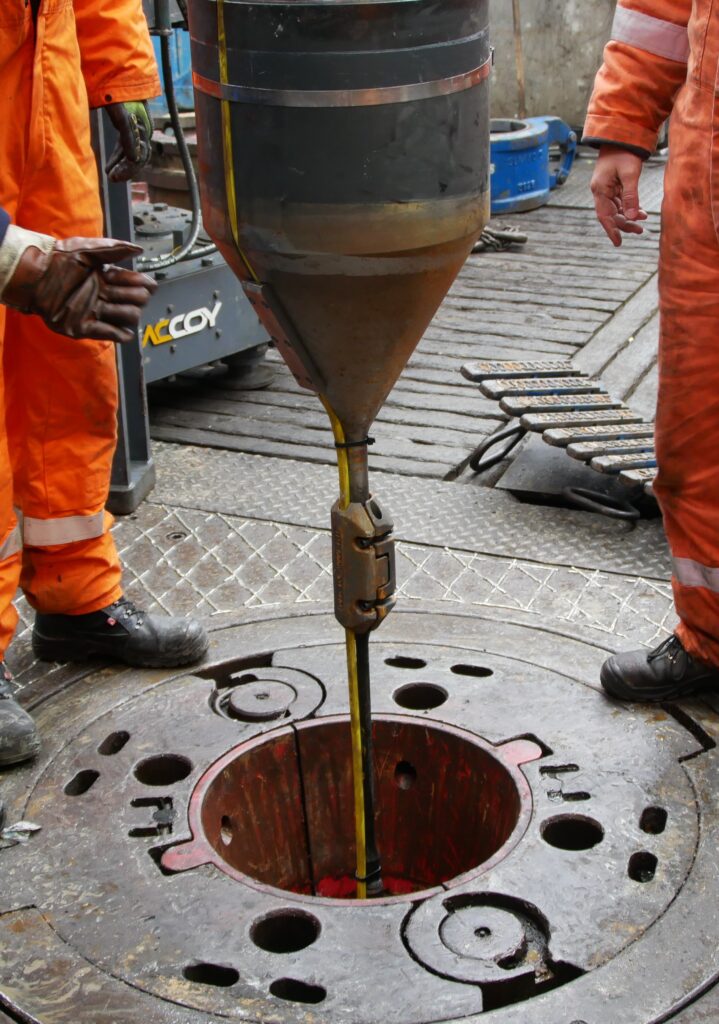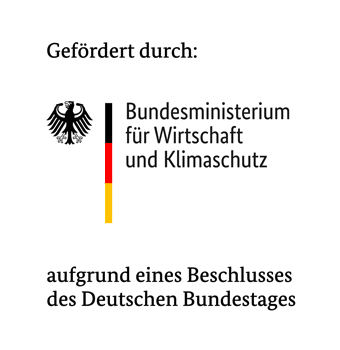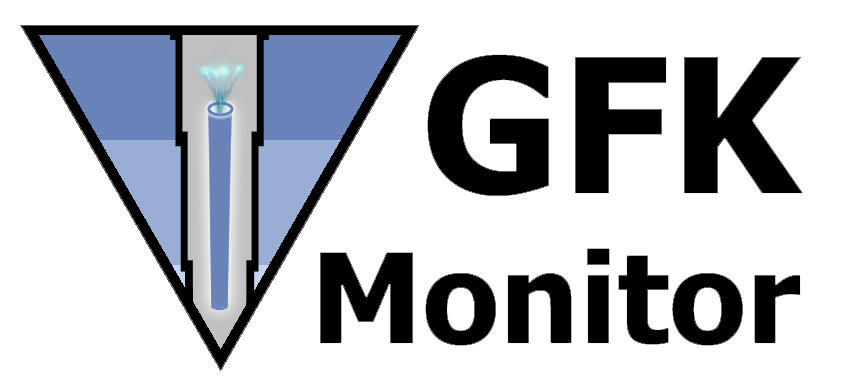Project framework
In order to achieve the specified climate protection targets, a major reduction in greenhouse gas (GHG) emissions is necessary in Germany. A major lever for reduction exists in the heating supply sector, with district heating networks being accorded a significant role. Recent studies indicate that the transformation of the heating market towards a climate-neutral supply, especially in metropolitan areas, can only be achieved by expanding heating networks with "green" district heating (Agora, 2017; Rödl Consulting AG, 2019; Heumann & Huenges, 2018). Deep geothermal energy thus has a central role to play in decarbonizing district heating, as it has the best net avoidance factor of all renewable heat technologies in terms of specific greenhouse gas emissions (UBA, 2019). The technically usable potential of deep geothermal energy must therefore be exploited significantly more to achieve the climate protection targets (Agora, 2017).
However, various challenges still stand in the way of the necessary expansion. In principle, the relatively high investment costs mean that the financial risk for investors and municipalities in implementing deep geothermal projects is high. Therefore, especially for the operators of a geothermal plant, careful project planning, high forecasting, production and operational reliability, as well as sustainable management of the reservoir are important to ensure an economically and ecologically efficient use of deep geothermal energy. In addition to the economic aspects, the sustainable and careful management of the reservoir is increasingly coming to the fore, not least to bring about an increased acceptance of this key technology among the population. However, comprehensive monitoring of the geothermal plant and the used reservoir is absolutely necessary to increase production and operational safety as well as acceptance, which is also increasingly demanded by the authorities.


Project partners
The following partners are involved in the joint project GFK-Monitor with the management of individual subprojects resp. work packages.
Georg-August-Universität Göttingen - Geoscience Center of the University of Göttingen - Dept. of Applied Geology: Artificial tracers in large-scale interacting thermal water cycles.
SWM Services GmbH, München: Developments on system integrity in geothermal production.
Fraunhofer Research Institution for Energy Infrastructures and Geothermal Energy IEG, Bochum: Monitoring of well integrity and electrical submersible pump using fiber optic technology
Helmholtz Centre Potsdam GFZ German Research Centre for Geosciences: Spatially distributed fiber optic measurements
Technical University Munich - Chair of Hydrogeology Monitoring of reservoir interactions to improve operational safety

Bibliography
- Agora, Fraunhofer IWES/IBP (2017): Wärmewende 2030 – Schlüsseltechnologien zur Erreichung der mittel- und langfristigen Klimaschutzziele im Gebäudesektor. Studie im Auftrag von Agora Energiewende.
- Rödl Consulting AG (2019). Die Wärmezielscheibe – Wärmewende in Deutschland gestalten. (https://www.roedl.de/de-de/de/wen-wir-beraten/energiewirtschaft/documents/2019_w%C3%A4rme_konzeptpapier_web.pdf).
- Heumann, A. & Huenges, E. (2017). Technologiebericht 1.2. In: Wuppertal Institut, ISI, IZES (Hrsg.): Technologien für die Energiewende. Teilbericht 2 an das Bundesministerium für Wirtschaft und Energie (BMWi), Wuppertal, Karlsruhe, Saarbrücken.
- UBA (2019). Emissionsbilanz erneuerbarer Energieträger, Bestimmung der vermiedenen Emissionen im Jahr 2018, Umweltbundesamt (UBA), Dessau-Roßlau, 158 S.
